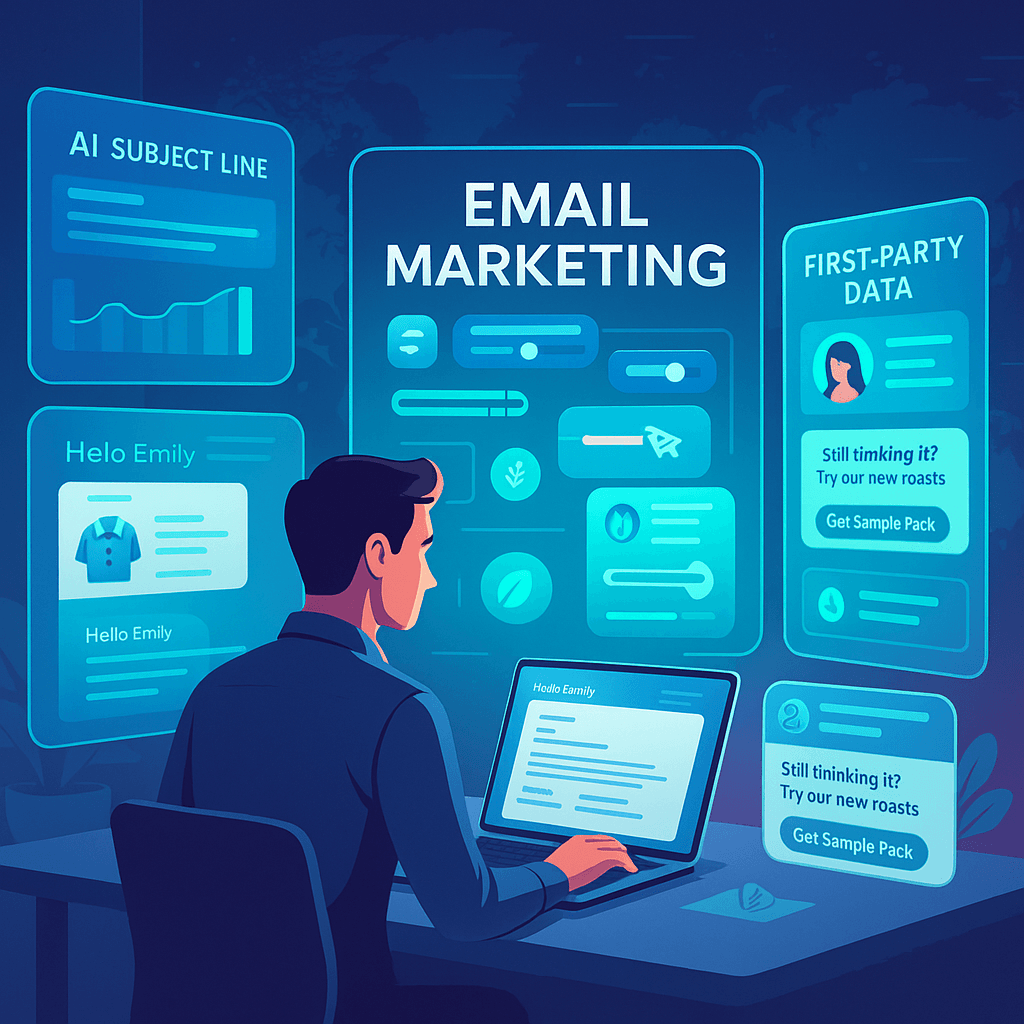In our hyper-connected, digital world Businesses are always looking for better ways to communicate with and interact with their customers. A holistic marketing strategy is a revolutionary method that has revolutionized the way companies interact with their clients, removing old-fashioned marketing barriers and delivering an integrated user experience.
Defining Integrated Marketing: More Than Just a Buzzword
Integrated marketing is an extensive method that connects all methods and marketing channels in order to create a cohesive powerful brand image. Contrary to fragmented marketing strategies which operate on their own it ensures that each marketing channel is in sync, resulting in an effective and cohesive branding narrative.
Key Characteristics of Integrated Marketing
- Consistent messaging to maintain a consistent branding voice across every platform
- Cross-Channel coordination seamless connection between digital and traditional channels for marketing
- The Holistic Experience for Customers creating a seamless connected journey for our customers
Why Integrated Marketing Matters for Your Business
Breaking Down Departmental Barriers
Traditional marketing is often plagued by divisions that are not connected. The social media department could produce content that isn’t in line with marketing emails and digital ads could conflict with traditional media communications. Integrating your marketing strategies can eliminate these gaps in communication making a more cohesive and effective marketing strategy.
Enhanced Customer Engagement
Contemporary consumers engage with brands through multiple channels:
- Social media platforms
- Websites of companies
- Electronic communications
- Mobile apps
- Physical retail outlets
A well-integrated marketing strategy makes sure that these interactions are seamless and consistent, which creates an unforgettable and memorable branding experience.
Implementing an Effective Integrated Marketing Strategy
1. Develop a Unified Brand Message
The base of any integrated marketing plan is a compelling, clear brand’s story. This includes:
- The definition of the brand’s core values
- Establishing a consistent voice for the brand
- Ensure that messages are aligned across the channels
2. Leverage Technology and Data
Modern technology in marketing allows businesses to:
- Centralize data collection
- Manage cross-channel campaigns
- Track real-time performance
- Create a personalized customer experience
3. Foster Collaborative Marketing Teams
Remove barriers to departmental cooperation with:
- Encouraging cross-team communication
- Establishing common goals for marketing
- Collaboration tools and processes that are implemented
Real-World Success: Integrated Marketing in Action
Case Study: Nike’s Integrated Marketing Mastery
Nike is a prime example of the art of integrated marketing. It’s not just about selling sports equipment, but also the lifestyle. The marketing of the brand seamlessly incorporates:
- Digital advertising
- Social media content
- Athlete sponsorships
- Store-based experiences
Each interaction tells a piece of a bigger brand narrative that creates an emotional connection that goes beyond product attributes.
Overcoming Challenges in Integrated Marketing
Although integrated marketing can bring substantial benefits, companies must be aware of the potential challenges
- It requires a lot of coordination internally.
- Needs investments in training and technology
- It is constantly adapted and refined.
Measuring Success: Key Performance Indicators
Assess your strategy for marketing integration through tracking:
- Consistency of brand perception
- Cross-channel engagement rates
- Performance of the overall marketing campaign
- Customer feedback and the sentiment
The Future of Marketing: Integration is Key
As technology advances and consumers’ behaviours become more sophisticated the need for integrated marketing will be more important. businesses that can provide seamless, customized and consistent experiences are likely to be able to stand out in an increasingly competitive market.
Conclusion
A comprehensive marketing plan is no longer an option and is a must for companies that want to succeed in the age of digital. Through establishing a single method that connects all marketing channels, and delivering the same message to customers, businesses are able to:
- Build stronger customer relationships
- Increase the efficiency of marketing
- Grow your business in a meaningful way
Change your branding message out of a scattered noise to an engaging, clear voice that connects the people you serve through a strategic marketing plan.





